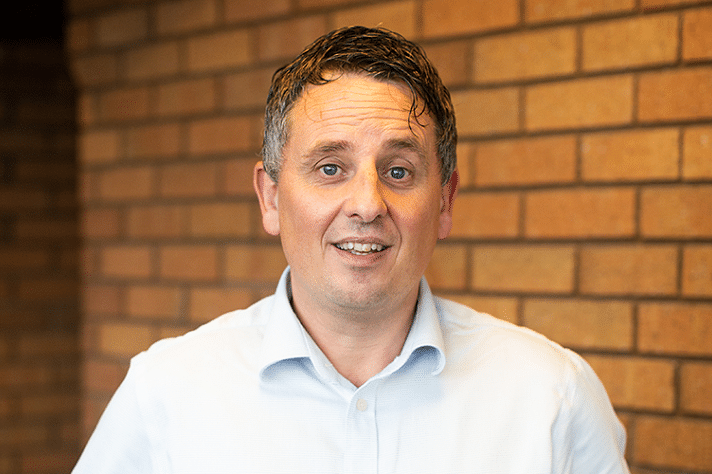22nd June 2020
On International Father’s Mental Health Day (22 June 2020), we are delighted to share a Voices blog by Mark Williams, founder of Fathers Reaching Out and International Father’s Mental Health Day.

Mark Williams
Becoming a parent can be life changing but, if you have a past history of anxiety, depression and traumas which haven’t been resolved, it can be even more overwhelming.
Only in recent times have we seen more awareness and support for the mental health needs of fathers. We know that father’s perinatal mental health difficulties can look different from mother’s.
The reason why I set up International Father’s Mental Health Day is that it’s a global concern that new fathers need support and screening for their mental health.
With 600,000 Male suicides each year we need to think about paternal mental health.
Many men for example suppress their feelings and do not want to talk openly about their mental health. If this is the case, one thing to look out for is dad’s personality and behaviour during pregnancy and the postnatal period. If a dad is struggling, you might observe an increase in his drinking, choosing to avoid situations, substance abuse, a tendency to work very long days, an increase in feelings of anger and thoughts of suicide.
When a father is suffering without support, this often impacts on a mother’s mental health and the development of the child so it’s important to address and recognise that mental health difficulties can affect any parent and reinforce that health visitors are available to support the needs of the whole family.
Some reports suggest that up to 39% of new fathers wanted support for their mental health. The main concerns that fathers identified were isolation, money worries, worries about their partners and feelings of guilt around their emotions.
As someone who has spoken to fathers over the last ten years and with a personal experience of mental health difficulties in the perinatal period, I would like to offer the following tips for families and health visitors.
- It’s so important to talk and prepare yourself for parenthood.
- Fathers, like mothers, can witness birth trauma during the delivery of their baby and may need support with this.
- Let’s encourage fathers to have skin-to-skin contact with their babies. Skin-to-skin contact releases the hormone oxytocin and helps with their bond and attachment to their babies.
- I would say “Don’t suffer in silence”. Quicker the help, the quicker the recovery.
- Speak to someone like your Health Visitor or GP, who can direct you to helpful resources or refer you to specialist support for your mental health.
- The following websites provide useful information for fathers about looking after your mental health:
- https://www.nhs.uk/oneyou/every-mind-matters/
- https://www.nhs.uk/conditions/pregnancy-and-baby/dad-to-be-pregnant-partner/
- https://www.mind.org.uk/information-support/types-of-mental-health-problems/postnatal-depression-and-perinatal-mental-health/partners/#.WpPo_6jFJPZ
- https://www.nct.org.uk/life-parent/emotions/postnatal-depression-dads-10-things-you-should-know
- If you need to speak to someone more urgently you can contact NHS 111 or call the Samaritans Helpline on 116 123 or visit https://www.samaritans.org/ for other ways to get in touch.
- Fathers often have feelings of “not being good enough” and share similar worries to mothers.
- Sleep deprivation can have an impact on parents and their mental health.
Mark Williams, founder of Fathers Reaching Out
Follow #DadsMHday #TalkingDads #HowAreYouDad






